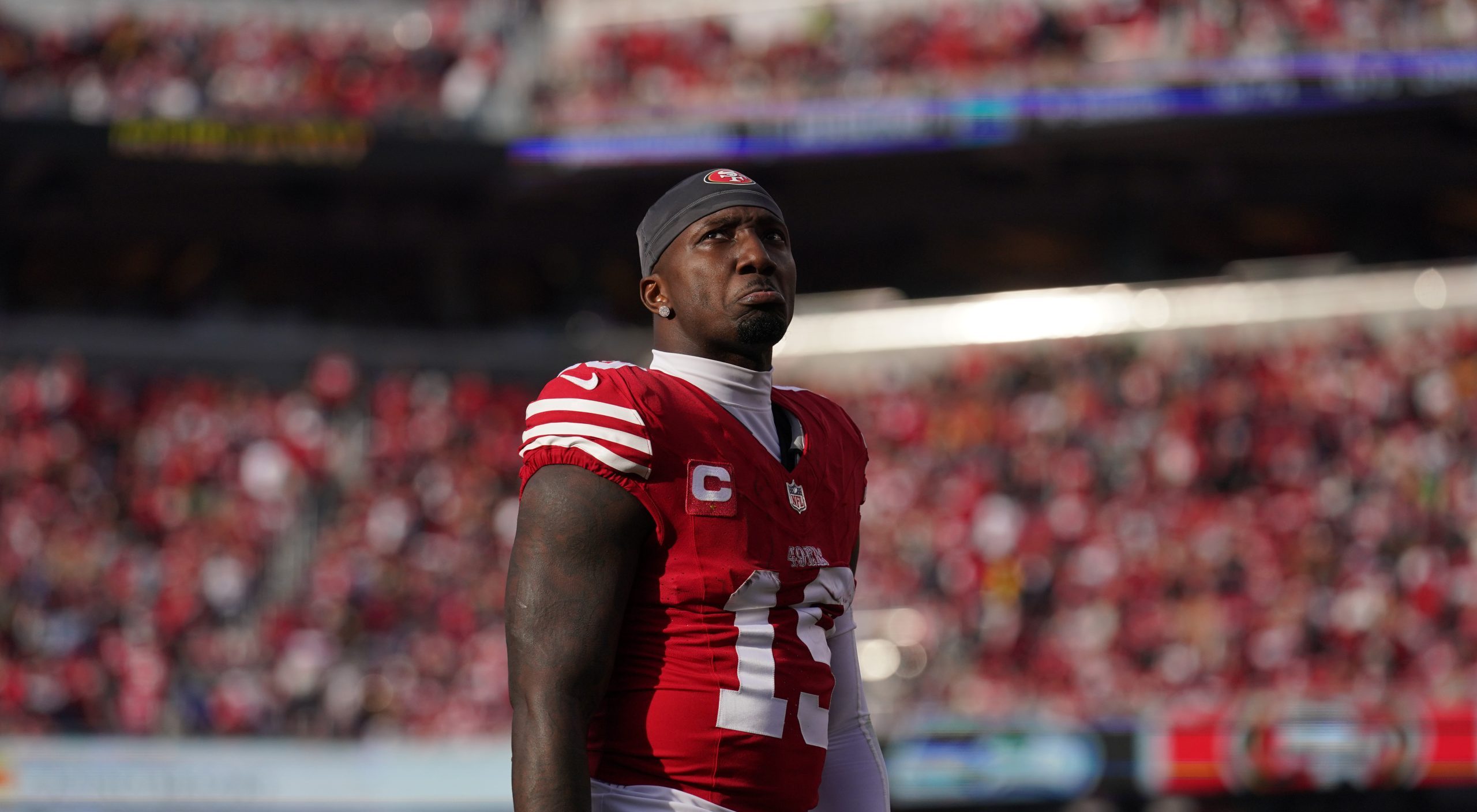This July and August saw a ton of back-and-forth about the future of the Pac-12, and a lot of it was about the one actual proposal for media rights deal they wound up with. That proposal was an all-streaming deal from Apple (albeit with the potential for some sublicensing to conventional TV), and it came with only a guarantee of $23 million per school (but with significantly boosted payouts at certain subscriber thresholds). The Colorado Buffaloes left for the Big 12 in late July even before that deal was officially presented, and the early-August presentation of that deal then saw a lot of debate on if Oregon and Washington would stay or not, with some reports they would hang around even on the morning of Aug. 4, when they finally confirmed an exit for the Big Ten.
The exit of Washington and Oregon particularly sealed the fate of the Pac-12 as currently comprised. After their departure, Utah, Arizona, and Arizona State left for the Big 12 later that day, and Cal and Stanford left for the ACC later that month. Washington State and Oregon State remain, and there are discussions that they could try to rebuild the conference through expansion (part of larger court battles over who gets to control the conference’s remaining assets), but that’s far from clear at this point.
What is clear is that the Washington and Oregon departures were the critical turning point in if this conference would continue or not, though. And Yahoo Sports’ Ross Dellenger looked into that more this week ahead of Saturday’s Top 10 clash between the No. 7 Huskies and No. 8 Ducks in Seattle. And that piece had some particularly notable quotes on how last-second that decision was, and how bad the Apple deal Pac-12 commissioner George Kliavkoff presented to members was from the perspective of many of the schools involved:
By midnight on July 31, the Pac-12 received one bid: the Apple package. It was the first official offer from a media partner since the conference turned down a bid from ESPN the previous fall (ESPN offered $30 million per school).
During that Aug. 1 meeting, athletic directors and presidents learned of the details of the Apple deal, all of which failed to live up to expectations.
One Pac-12 administrator described it thusly: “It was sh**.”
That proposed streaming deal was supposed to be accompanied by another option, a more conventional one featuring linear TV as well as streaming. But most of the talks there didn’t get too far; after that rejected ESPN offer, CBS and Fox reportedly only showed slight interest. Dellenger notes that NBC had deeper conversations there, and that there was at one point a belief they’d have a full offer, but a late-spring/early-summer meeting saw news of “Hey, NBC is out” and a reaction of “The presidents had to be leaving these meetings going, ‘What the f*** is going on?’ The league lost all credibility. Schools lost faith.”
Despite all that, though, even that subpar Apple deal might have been enough to keep the Ducks and Huskies around. Dellenger writes that there was some interest from those schools in staying. But they did increase their talks with the Big Ten that week, and new money from Fox (removing the need to reduce existing members’ per-school payouts) helped them make the final call overnight and leave on the morning of Aug. 4.
In fact, Oregon mega-booster Phil Knight supported the streaming deal, maybe not the distribution amount, but the concept at least. The Apple deal was presented Aug. 1. On Aug. 2 and 3, presidential calls went rather smoothly. Washington president Ana Mari Cauce, who was chair of the board, and Oregon president John Karl Scholz, on the job only four months, expressed an intent to remain in the conference and sign the agreement at a meeting scheduled for Friday morning, Aug. 4.
…Big Ten administrators went to bed Thursday thinking the deal was “dead,” having received word that Cauce was ultimately against the move to the Big Ten.
“Overnight, she flipped. That’s what happened,” said one person with knowledge of the talks.
Others say Oregon resisted on agreeing until late, possibly to leverage a better Big Ten offer.
“We were anxious about the terms of the deal,” [Washington board of regents chair Dave] Zeeck said. “Was it enough?”
It did ultimately wind up being enough. And while Oregon and Washington will only receive reduced payments (about $30 million per year instead of the $60 million the other Big Ten schools will get) under the current Big Ten deals, they’re set to make more than they would have with at least that base Apple offer. And they’ll receive full Big Ten shares after this deal. And a huge part of why they wound up taking that came from that “****” Apple offer, the only one the Pac-12 and Kliavkoff actually officially presented.







